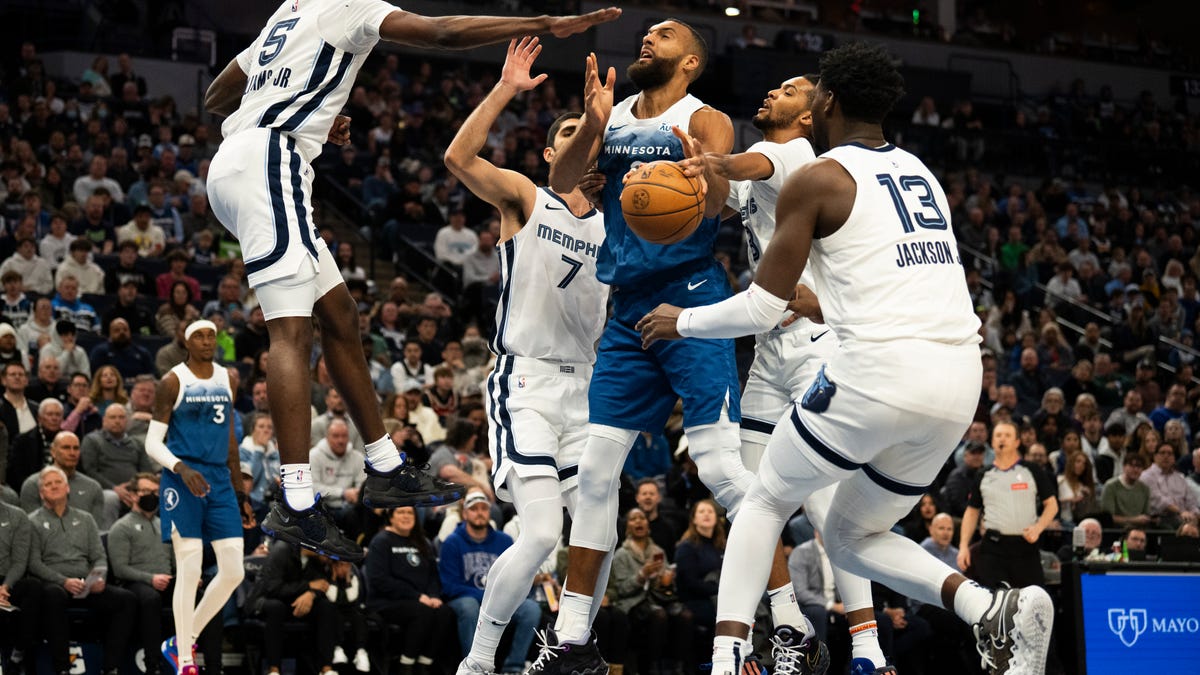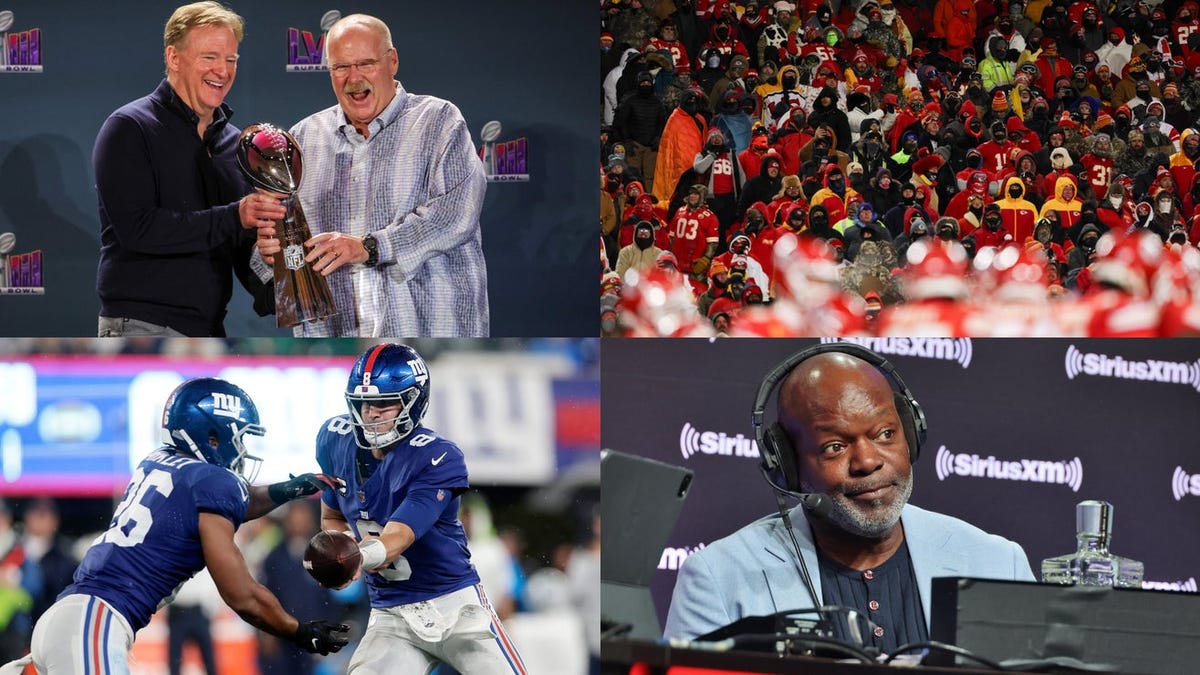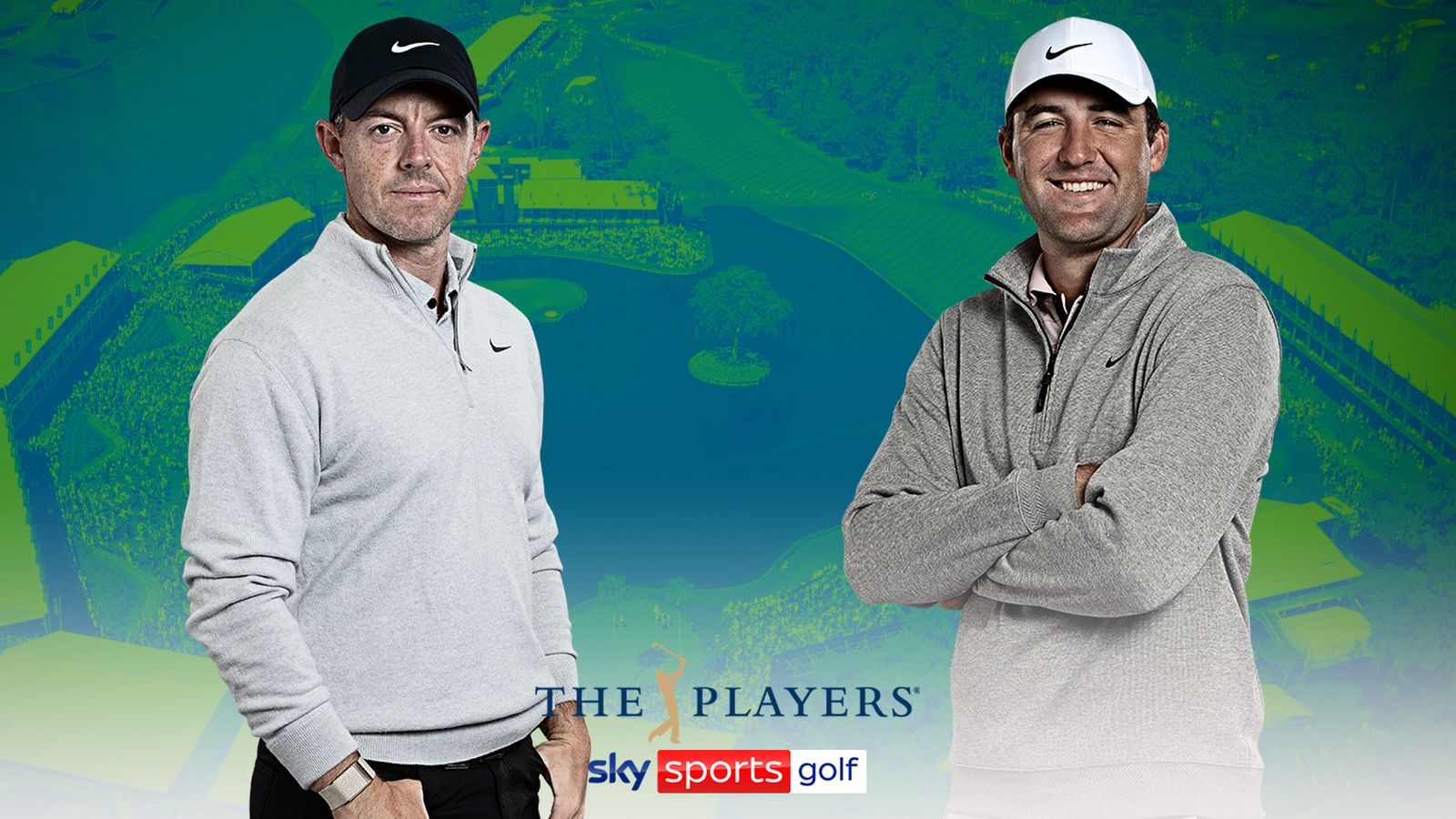[ad_1]
It’s Oscars Week, which feels like as good a time as any to draw up the NBA storylines and characters which could double as Oscar nominees.The Minnesota Timberwolves’ deceptive season has been one of the hottest topics in the West so let’s start there.
Every conversation pertaining to the Minnesota Timberwolves circles back around to a single question: Are they for real or a figment of our regular season imaginations? The Stagg R. Leigh pseudonym used by American Fiction’s Thelonius “Monk” Ellison to present a trope-filled autobiography to the public is instructive regarding the Timberwolves season. The fatalism attached to the Minnesota Timberwolfes is the NBA’s 2024 Pafology.
Outside of Minnesota, the Wolves’ pacing the Western Conference standings has been considered to be as misleading as Alex Rodriguez’s pigment during Black History Month or Karl-Anthony Towns’ generational code-switching. They’re the NBA’s biggest conundrum and its greatest redemption story.
I’ll leave it to the X streets to make a ruling on A-Rod’s temporary invite to the cookout or Towns’ real voice, but that’s only part of what makes this T-Wolves team so compelling. They surrendered more 15-point fourth-quarter leads than any team in The Association, but led the West from November through March. On Thursday, they lost Towns for the rest of the regular season. If they’re lucky, he’ll return during the postseason on a minutes restriction. On Friday night, they surrendered first place in the West to the Oklahoma City Thunder.
Every few seasons a team emerges after years of futility, but the reception towards Minnesota feels different somehow.
Their genre-bending lineup is built on the bones of a contrarian offensive foundation that’s antithetical to the modern status, while being conducted by an offensive-minded head coach who is orchestrating a defensive juggernaut.
Tim Connelly and Chris Finch’s experiment is lacking in floor spacers beyond Towns and Rudy Gobert’s reputation precedes him. He’s one of the four players to ever claim a trio of Defensive Players of the Year awards, and is on track to claim a fourth. Minnesota is the NBA’s best at defending the paint and at forcing teams into off shooting nights. However, the rapid evolution of the game has created a perception of their defensive anchor as an antiquated figure. Unlike contemporary leviathans, he can’t stretch the floor and he’s not getting any younger.
The NBA’s top defense props up a scoring offense that attempts fewer triples per night than all but five teams and ranks 18th in offensive rating. Behind Anthony Edwards’ the backcourt is lackluster. Instead, they’re reliant on contributions from new age bigs Naz Reid and KAT, plus an anachronistic rim rolling 7-footer in Gobert whose goofball antics four years ago this week made him the NBA’s Patient Zero of the pandemic.
Towns is the only remnant of the squad Jimmy Butler once shredded with backups in a legendary practice amid his trade standoff. Even before Towns’ meniscus tear, he was prone to the highest of highs and the lowest of lows in the playoffs. His 42 percent three-shooting percentage this season was a notch above his 39 percent career average. In three postseason appearances though, his numbers beyond the arc dipped by nine percentage points to .333, and his career effective field goal percent of 57.7 percent dipped six points in the postseason.
Finch shrinking Towns’ role to make room for Anthony Edwards as the alpha altered this team’s trajectory, but doubts remain. The immaturity Finch called out on Towns’ 60-point night in January encapsulated the concerns of running the offense through KAT. On one hand, how many second options can reach the boiling point it takes to generate 60 points in a night? Dame, maybe Harden?
On the other, the tunnel vision Towns exhibits when he goes on the attack contributes to the perception of him as a low basketball IQ stat-chaser. Prior to his knee injury, Towns led the league in turnover rate on drives to the cup and was en route to leading the league in offensive fouls committed for the third time. He finished second to Demarcus Cousins in offensive fouls in two other seasons, which tracks given how Finch once designed the scheme around Boogie and Anthony Davis in New Orleans in 2016.
Those reasons have factored into T-Wolves skepticism, leading to Finch opining last week, “I’m not sure anyone in the league fears us… I don’t think we really fear anyone, either.”
Minnesota’s fourth quarter offense has been their Achilles heel, but Town’s left knee’s meniscus may spoil their season. His sudden meniscus surgery and lengthy recovery period means we could never know what heights this iteration could reach. Naz Reid, the only JellyFam alum to reach the NBA, has been thrust back into a starting role, where he’ll get to showcase some of the silliest off the dribble moves you’ll see this side of Wembanyama from a big. A year ago, he led the league in points per minute last season after the 2023 All-Star Break.
Whittling the Timberwolves’ prospects down to tropes based on past playoff outcomes may be a mistake, though, if Anthony Edwards locks in. Hours after the disclosure of Towns’ injury rocked the team, Edwards went supernova, scoring 16 of his 44 points in the fourth quarter of a win over the Indiana Pacers. In the final seconds, he rejected an Aaron Nesmith lay-in into the shadow realm to secure a win and their standing in the West. Edwards leaped so high that he bumped his head on the bottom of the backboard in the process.
Then, on the second night of a back-to-back, Edwards shot 7-for-27 in an overtime loss to the Cleveland Cavaliers, who were missing their lone 2024 All-Star, Donovan Mitchell. Towns is off the pressure cooker for now, but his burden now falls onto Edwards’ shoulders. If he and Gobert can’t handle the burden, their quantum leap season will be remembered as a mirage.
Find DJ Dunson on X: @cerebralsportex
[ad_2]
#Minnesota #Timberwolves #real #American #Fiction



